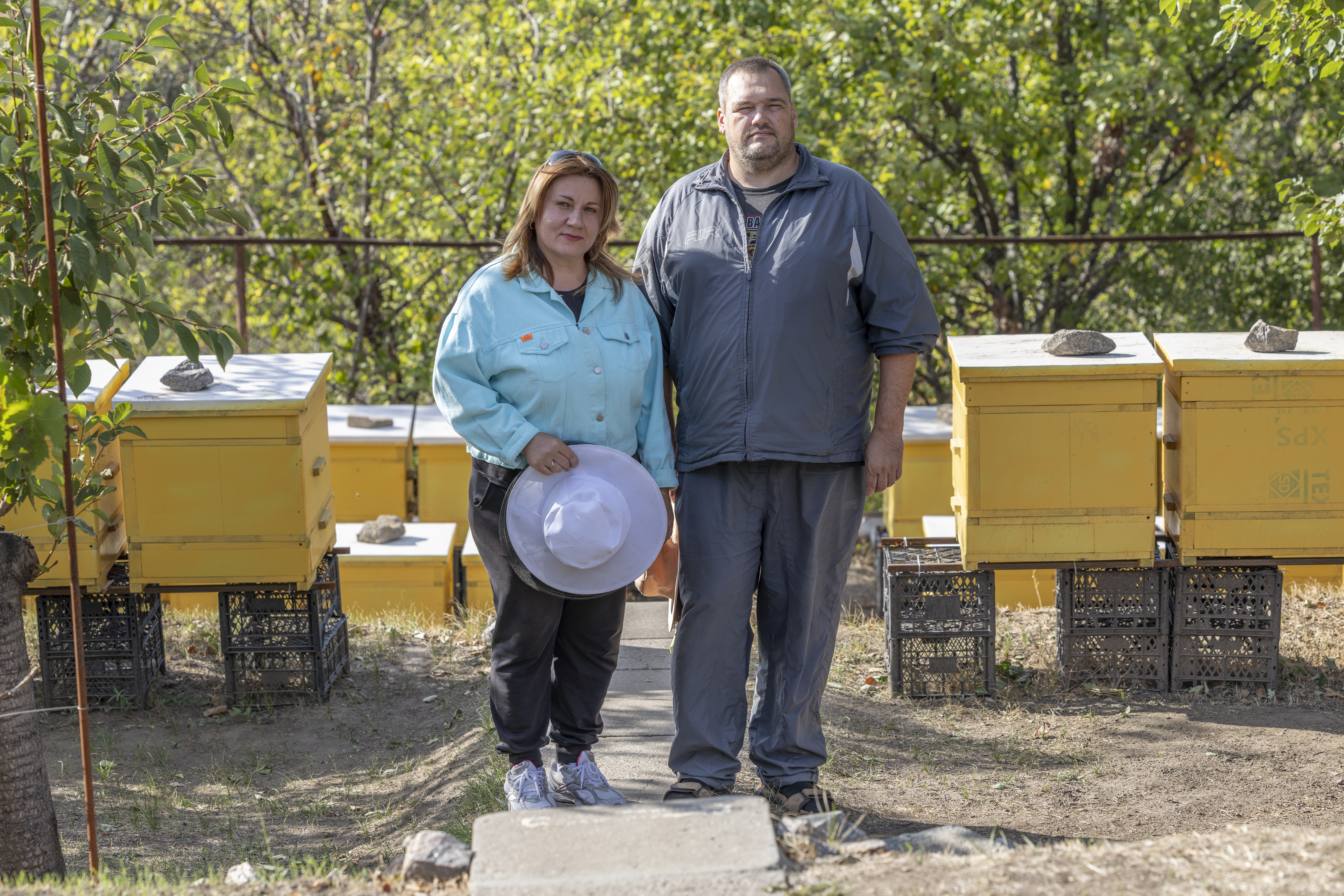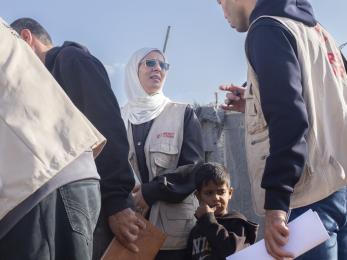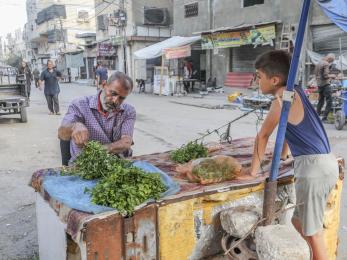‘Resilience Hubs’ in Puerto Rico are vital in the wake of Hurricane Fiona
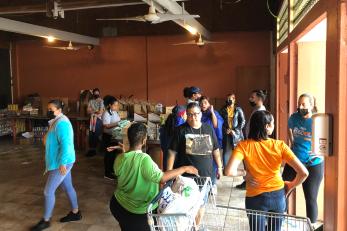
On September 18, Hurricane Fiona made landfall in Puerto Rico, heavy rain inundated the island and left all residents without electricity. The hurricane deluged the island with upwards of 30 inches of rain within 24 hours, the community struggled with floods, lack of access to clean drinking water, and power outages. More than two weeks later, 10% of potable water customers are without access to drinking water, and about 30% of Puerto Ricans (266,000 people) are still without power. Flood waters are abating throughout the country but collapsed bridges, washed-out roads, and mudslides remain—making it difficult to deliver critical supplies and services to some areas.
When Hurricane Fiona reached the island, it was almost five years to the day of when Hurricane Maria struck in 2017—the most catastrophic disaster in Puerto Rico’s recent history.
“Puerto Ricans have faced a constant state of emergency over the five last years,” said Allison Dworschak, Acting Director of Mercy Corps’ Caribbean Resilience Initiative. “Power outages still happen and have even increased in 2022, especially in rural areas, and water quality can vary due to damaged aqueducts that have yet to be repaired. There are tens of thousands of families still living under blue tarps covering their roofs. Those who don’t have the financial means to repair the damage properly are especially vulnerable to the impacts of storms like Fiona.”
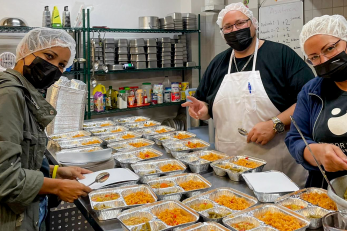
Mercy Corps has been present in Puerto Rico since the Hurricane Maria emergency in 2017. In recent years, Mercy Corps has worked with local community centers to transform them into ‘Resilience Hubs,’ supporting them with resources and disaster preparedness training to help their communities during disasters. Mercy Corps has supplied 17 Resilience Hubs with solar energy, potable water storage, communication systems, and emergency kits. These Resilience Hubs are prepared to respond in any disaster and can support approximately 2,000 people in each community.
In the last four months, as hurricane season was nearing, we worked closely with our Resilience Hub partners and reached one million people across the region through a disaster preparedness campaign. As part of the campaign, Mercy Corps provided grants to local Puerto Rican organisations to launch their preparedness activities, from community mapping to first aid training.
After Hurricane Fiona arrived, we saw how the Resilience Hubs offered communities vital support. Community members found access to clean water, food, and hygiene supplies at the Resilience Hubs. There was power from solar panels and large batteries, which powered wifi, charging stations, and refrigeration for medication and essential items.
Although the wake of Hurricane Fiona has not been as devastating as what we saw in the aftermath of Hurricane Maria, we know Puerto Rico has a long road to rebuild. The links between our changing climate and the increasing frequency and intensity of extreme weather events like hurricanes in the Caribbean are evident. Recovery from the increasing devastation of storms is more than meeting urgent needs after an emergency—Mercy Corps is also providing long-term support for sustainable recovery. The Resilience Hubs across the island are not only helping communities prepare for natural disasters, but to build stronger communities in the face of all challenges.
